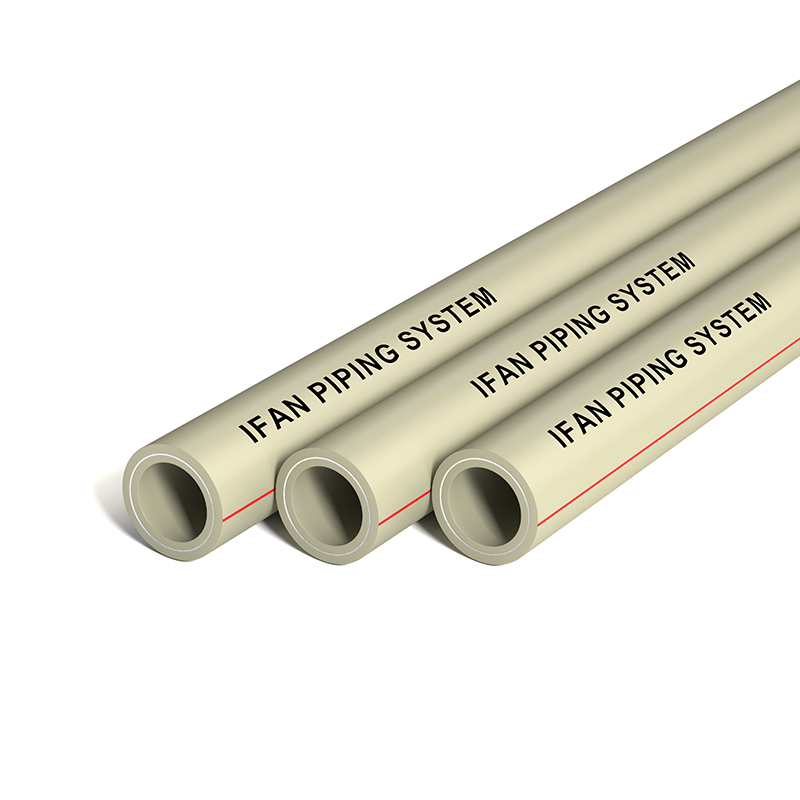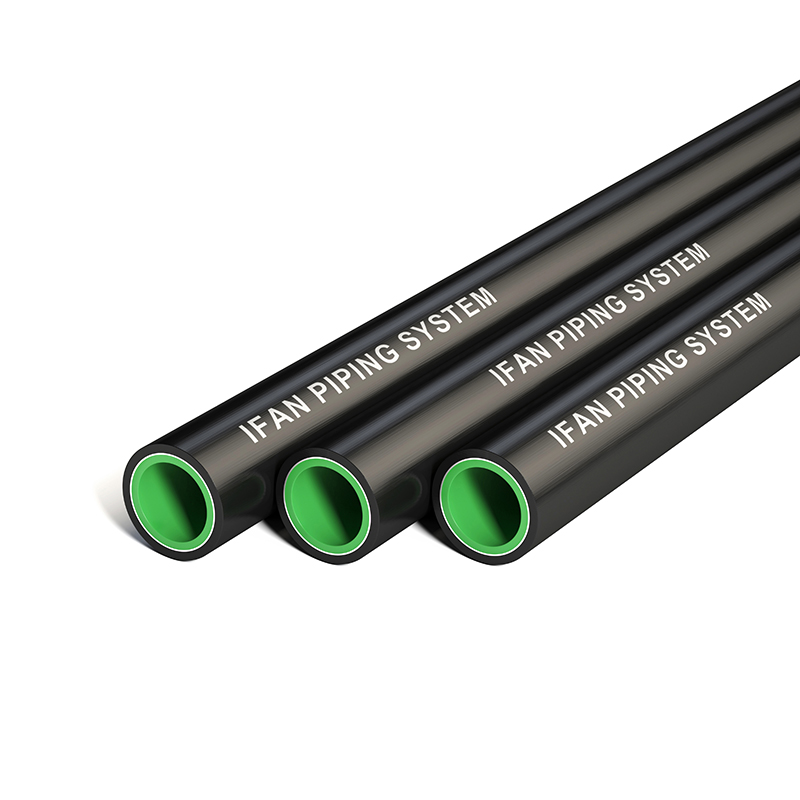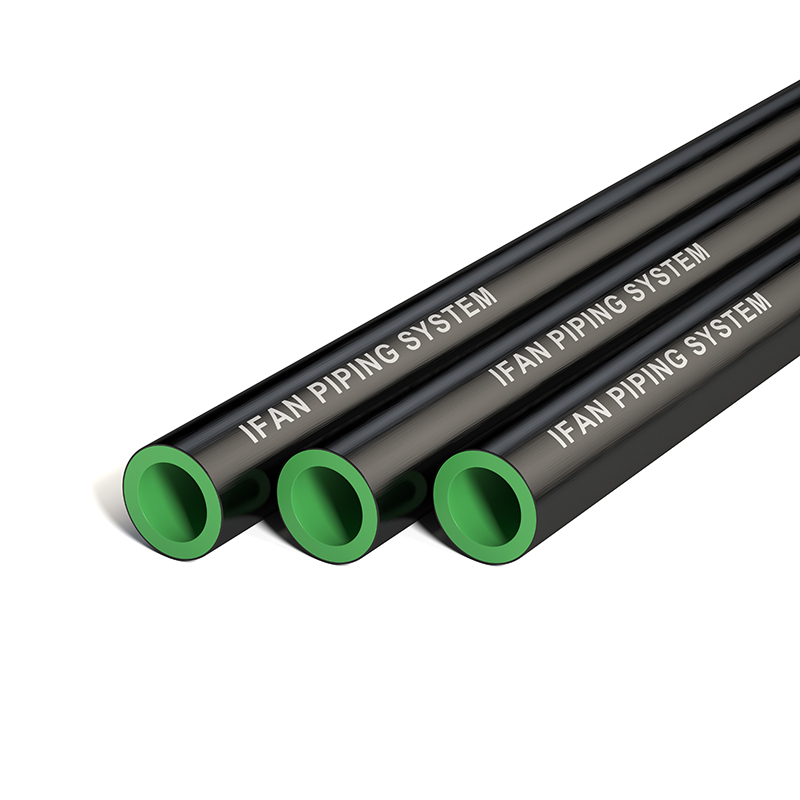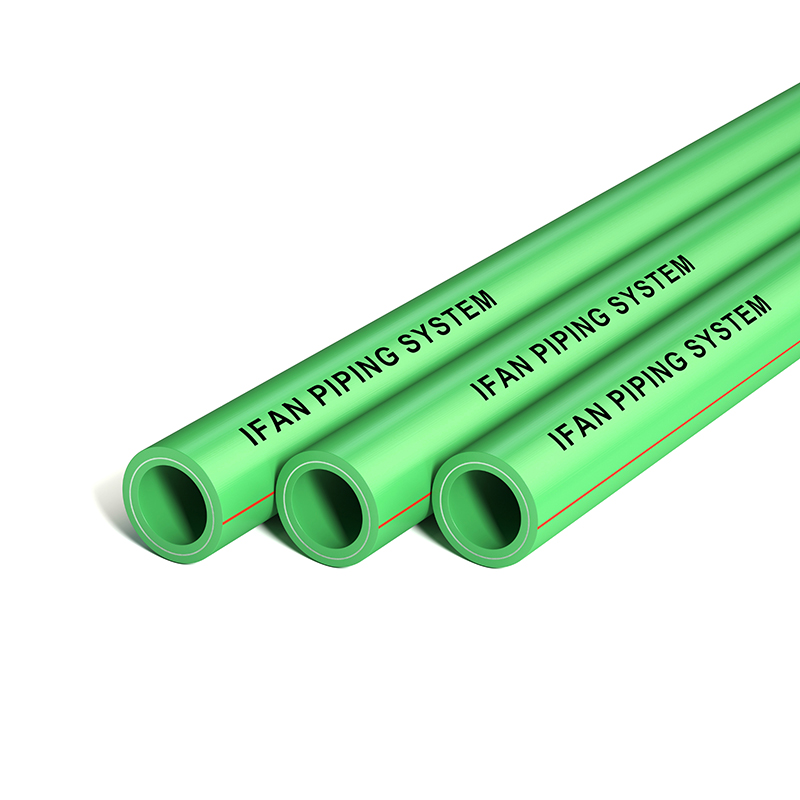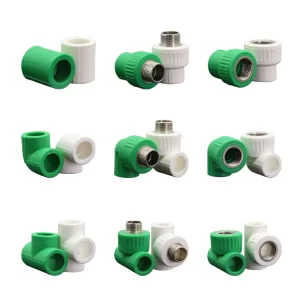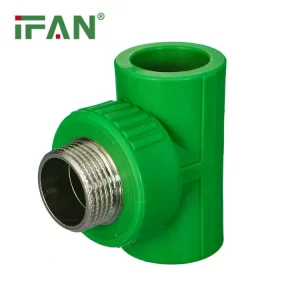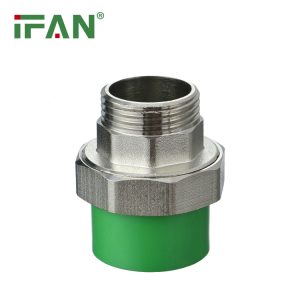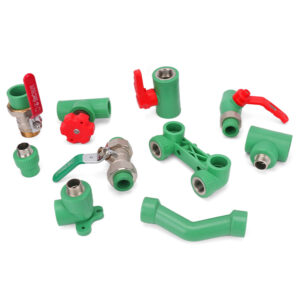Description
Introduction:
PPR (Polypropylene Random Copolymer) pipes have gained significant popularity in the plumbing industry due to their numerous advantages. This comprehensive overview highlights the key benefits of using PPR pipes for various applications.
1. High Durability:
PPR pipes are known for their exceptional durability. They are resistant to high temperatures, chemicals, and UV radiation, making them suitable for both indoor and outdoor installations. These pipes have a long lifespan, reducing the need for frequent replacements and maintenance.
2. Excellent Thermal Insulation:
One of the notable advantages of PPR pipes is their excellent thermal insulation properties. They have low thermal conductivity, which helps in maintaining the temperature of the transported fluids. This feature makes PPR pipes ideal for hot water systems, as they minimize heat loss and ensure energy efficiency.
3. Corrosion Resistance:
PPR pipes exhibit excellent resistance to corrosion, even in harsh environments. Unlike metal pipes, PPR pipes do not rust or corrode, ensuring a reliable and long-lasting plumbing system. This corrosion resistance also prevents the contamination of water, making PPR pipes a safe choice for potable water supply.
4. Easy Installation:
PPR pipes are lightweight and easy to handle, making the installation process quick and hassle-free. They can be easily joined using heat fusion or mechanical fittings, eliminating the need for complex welding or soldering. The flexibility of PPR pipes allows for easy maneuverability around obstacles, reducing installation time and costs.
5. Low Noise Transmission:
Another advantage of PPR pipes is their ability to reduce noise transmission. The inherent properties of PPR, such as its elasticity and low density, help dampen the noise generated by flowing fluids. This makes PPR pipes a preferred choice for buildings where noise reduction is a priority, such as hospitals, hotels, and residential complexes.
6. Hygienic and Non-Toxic:
PPR pipes are hygienic and non-toxic, ensuring the safety of the water supply. They are resistant to bacterial growth, preventing the formation of biofilms and maintaining the purity of the water. PPR pipes also do not release any harmful substances into the water, making them suitable for use in drinking water systems.
7. Cost-Effective:
In addition to their numerous technical advantages, PPR pipes offer cost-effective solutions. The initial installation costs of PPR pipes are lower compared to other materials like copper or PVC. Moreover, their durability and long lifespan result in reduced maintenance and replacement expenses over time, making PPR pipes a cost-efficient choice for plumbing systems.
Conclusion:
PPR pipes provide a wide range of advantages, including high durability, excellent thermal insulation, corrosion resistance, easy installation, low noise transmission, hygienic properties, and cost-effectiveness. These features make PPR pipes an excellent choice for various plumbing applications, ensuring reliable and efficient water distribution systems.


